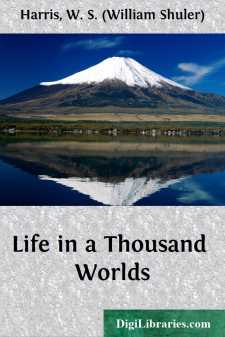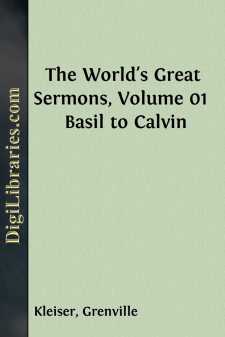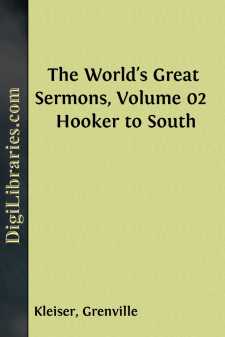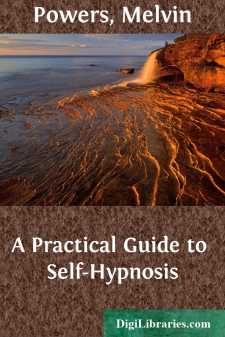Categories
- Antiques & Collectibles 13
- Architecture 36
- Art 48
- Bibles 22
- Biography & Autobiography 813
- Body, Mind & Spirit 142
- Business & Economics 28
- Children's Books 17
- Children's Fiction 14
- Computers 4
- Cooking 94
- Crafts & Hobbies 4
- Drama 346
- Education 46
- Family & Relationships 57
- Fiction 11829
- Games 19
- Gardening 17
- Health & Fitness 34
- History 1377
- House & Home 1
- Humor 147
- Juvenile Fiction 1873
- Juvenile Nonfiction 202
- Language Arts & Disciplines 88
- Law 16
- Literary Collections 686
- Literary Criticism 179
- Mathematics 13
- Medical 41
- Music 40
- Nature 179
- Non-Classifiable 1768
- Performing Arts 7
- Periodicals 1453
- Philosophy 64
- Photography 2
- Poetry 896
- Political Science 203
- Psychology 42
- Reference 154
- Religion 513
- Science 126
- Self-Help 84
- Social Science 81
- Sports & Recreation 34
- Study Aids 3
- Technology & Engineering 59
- Transportation 23
- Travel 463
- True Crime 29
Life in a Thousand Worlds
Categories:
Description:
Excerpt
Are There More Worlds Than One?
Our world is large enough to excite our interest and invite our study until we close our eyes in death. Yet there are countless other orbs scattered through the solar system and throughout the vast stretches of the starry heavens. Some of these worlds are smaller than ours, but the majority of them are hundreds or thousands of times larger.
Looking away from our solar system, we find that each star is a sun, in most instances the center of a group of worlds. So, for the lack of a better phrase, we shall say that there are millions of solar systems distributed through limitless space, each one serving its part in the great universal plan.
For what purpose are all these immense worlds shining and swinging in the depths of immensity? Could it be possible that they are nothing more than vast pieces of dead machinery, barren of all vegetable growth and intelligent life, whereon desolation and solitude forever prevail?
Our own Earth is inhabited by a large variety of living forms ranging from the microscopic bacteria and animalcula to the glorious form of man with all his superior endowments. The air, earth and water are teeming with their billions of sensitive creatures; even a breath of air, a drop of water, or a leaf on a tree often contains a miniature world of living forms.
Amidst all this confusing animation around us, is it not absurd to suppose that other worlds, larger or smaller than our own, are barren of all life, and that from them no songs of thanksgiving ever arise to the Maker and Ruler of all things?
Such a supposition not only gives us a strange view of the character and attributes of God, but is at once repulsive to our instincts; anyone wishing to accept it may do so, but as for me and for a large company of my kind, we prefer to give a larger meaning to creation and a higher glory to the Creator.
Let no one doubt that the universe is full of intelligent life, in myriad types of existence and infinite stages of development. Physically speaking, one cannot imagine the countless variety of ways in which flesh and bone may congregate around the human brain to make a sentient and intelligent creature.
Confined as we are to our little dark world, we know by sight of only one way in which the brain conveys its messages and serves its ends, namely, through a body of one hundred pounds or more of flesh and bone, formed erect, and capable of rendering service upon a moment's notice. Therefore some of us are conceited enough to believe that we are the most perfect and beautiful beings of the universe, the highest expression of creative art, and that all other creatures in a million orbs take a secondary place.
True enough, we occupy an honored position in the scale of creation, but while the people of many worlds are beneath us, yet there are many more planets whereon human genius has surpassed us, and we must be modest enough to take our rightful place in the drama of the worlds.
"How many planets, how many suns, how many milky ways are there?" you ask in one breath....













